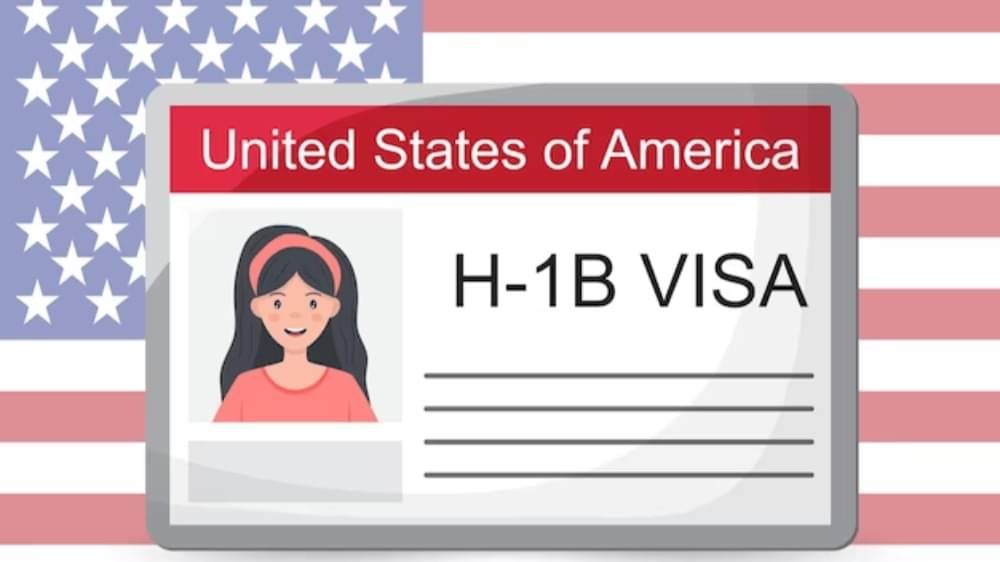The H1B visa is one of the most sought-after work visas for skilled professionals looking to work in the United States. It allows foreign workers to gain employment with U.S. companies in specialized fields such as technology, finance, healthcare, and engineering.
In this guide, we’ll cover everything you need to know about the H1B visa, from eligibility criteria to the application process, fees, and potential challenges.
Understanding the H1B Visa
Purpose of the Visa
The H1B visa is designed to allow U.S. companies to hire highly skilled foreign workers in specialty occupations that require a bachelor’s degree or higher. It helps fill skill gaps in industries where there is a shortage of qualified American workers.
Who Qualifies for an H1B Visa?
To qualify, an applicant must:
- Have a job offer from a U.S. employer
- Work in a specialty occupation requiring a degree
- Meet the educational qualifications for the job
Key Benefits of the H1B Visa
- Allows foreign professionals to work in the U.S.
- Can lead to permanent residency (Green Card sponsorship)
- Dependents (spouse and children) can join on an H4 visa
Eligibility Criteria for the H1B Visa
To apply for an H1B visa, you must meet the following requirements:
Educational Requirements
- A bachelor’s degree or higher in a relevant field is required.
- Some roles may accept equivalent work experience in place of a degree.
Job Position Requirements
- The job must require specialized knowledge and expertise.
- The employer must justify why a foreign worker is needed.
Employer Sponsorship
- Only a U.S. employer can file an H1B petition.
- The employer must agree to pay prevailing wages as per U.S. regulations.
The H1B Visa Application Process
Step 1: Employer Files an H1B Petition
The U.S. employer must submit a petition (Form I-129) to the USCIS on behalf of the foreign worker.
Step 2: Labor Condition Application (LCA)
The employer must get an approved LCA from the Department of Labor to certify that the hiring does not negatively impact U.S. workers.
Step 3: Filing Form I-129
Once the LCA is approved, the employer files Form I-129 along with supporting documents.
Step 4: Visa Interview
If the petition is approved, the applicant attends a visa interview at a U.S. consulate in their home country.
H1B Visa Lottery System
Due to high demand, USCIS uses a random lottery to select applicants. The lottery system consists of:
- A general pool of 65,000 visas
- An additional 20,000 visas for applicants with U.S. master’s degrees
H1B Visa Cap and Exemptions
The annual cap limits the number of visas issued each year. However, some organizations like universities and non-profits are exempt from this cap.
H1B Visa Fees and Costs
Applicants and employers must pay:
- Filing fees (varies based on company size)
- Premium processing fees (optional for faster results)
- Attorney fees (if legal assistance is needed)
H1B Visa Processing Time
Processing time varies based on:
- Regular vs. premium processing
- Workload at the USCIS processing center
Conclusion
The H1B visa is an excellent opportunity for skilled professionals to work in the U.S., but the process is competitive and complex. Proper planning, employer support, and legal guidance can increase the chances of success.
FAQs
1. What is the success rate of getting an H1B visa?
The success rate depends on the lottery selection and USCIS approval, but it varies yearly.
2. Can I apply for an H1B visa without a job offer?
No, you must have an employer sponsor you before applying.
3. How long can I stay in the U.S. on an H1B visa?
The initial period is three years, extendable up to six years.


